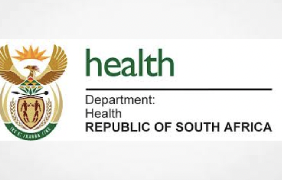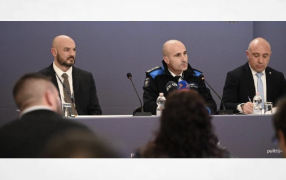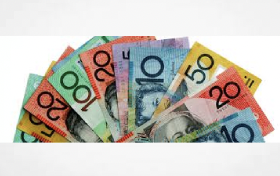Written by Wim van den Brink
Em Prof of Psychiatry and Addiction, Amsterdam University Medical Centers, Amsterdam, The Netherlands
Co-chair of the Dutch State Committee on MDMA
Published
June 20, 2024
On June 6, 2024, the Dutch State Committee MDMA presented its report entitled “MDMA: Beyond ecstasy” to the Dutch Minister of Medical Care.
The committee consisted of six members representing a broad scope of expertise, including international law (Brigit Toebes, chair), addiction (Wim van den Brink, co-chair), psychiatry (Eric Vermetten), criminal law (Emile Kolthoff), emergency medicine (Femke Gresnight, and prevention (Martha de Jonge).
The Committee’s assignment was as follows: “The state commission’s task is to examine the status of MDMA in the context of public health and to advise the government on the benefits and disadvantages of the medicinal use of MDMA, including a multidisciplinary analysis of health risks, prevention and the European context and relevant treaties”. This assignment, thus, contains two aspects, i.e. recreational use of MDMA/ecstasy and the use of MDMA in a therapeutic context. The committee addresses these two aspects in a 233 page report, which is based on literature reviews, conversations with stake holders as well as intense internal discussions.
(a) analyse the Dutch public health situation regarding the recreational use of ecstasy and
(b) provide advice to the Dutch government about the medical use of MDMA.
With regard the public health situation of recreational ecstasy use, the committee concluded that:
-
Although the prevalence of ecstasy use in The Netherlands is among highest in the world (last year prevalence 3.9%: n=550.000), it seems that prevention activities (mainly directed at harm reduction) are successful given the low frequency of ecstasy use sessions per user (mean 2-3 sessions/year), the small number of pills used per session (1-2 pills/session), and the relatively small number of ecstasy-related deaths (5/year).
-
Drug education and prevention should always focus on specific risks and groups and should never criminalize or stigmatize the user.
-
Harm due to recreational ecstasy use is limited with no or a very low dependence liability, no clinically relevant persistent cognitive deficits, and a limited number of serious incidents mainly thanks to the presence of freely available water, chill-out rooms, pill-testing, and first aid services at festivals.
-
For time being, MDMA should remain on List I of the Dutch Opium Act (hard-drug) due to the combination of low harm (not addictive, few serious health consequences, no public nuisance) and severe organised crime related to the illegal mass production of ecstasy in the Netherlands. According to the committee, a future, move of MDMA from List I to List II (soft-drug) should be considered. Meanwhile, the process and criteria to classify substances on different Lists of the Dutch Opium Act should be re-evaluated.
Read full article
https://www.drugscience.org.uk/mdma-netherlands-report?mc_cid=ffc5497607


















